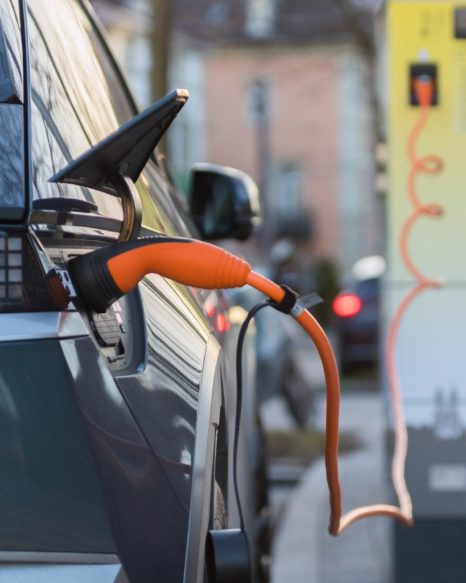Dr Julia Jarass answers questions on the (re)design of public space, on local interventions using the example of Berlin and on dealing with reactions and feedback on real-world experiments.
The Digital Tuesday #21 of the Planersocietät was about quiet neighbourhoods and superblocks. Barcelona has become a model for many urban and transport planners worldwide. What can be learned from this concept and how can it be transferred to Germany?
Im interdisziplinären Forschungskolloquium werden Forschungsarbeiten aus dem Bereich der sozialwissenschaftlichen Mobilitätsforschung vorgestellt und gemeinsam konstruktiv-kritisch diskutiert. Bei laufenden Forschungsarbeiten liegt der Schwerpunkt auf Fragen der geplanten theoretischen und methodischen Herangehensweise,...
The government wants to relieve the burden on citizens with a 9-euro monthly ticket for buses and trains. However, free public transport would be easier to implement and more affordable.
A commentary from the perspective of sustainability research on the dispute over the expansion of Berlin's A100 motorway by Sophia Becker in the "Studio 9 Interview" on Deutschlandfunk Kultur.
Should public transport be free of charge? Experience shows: Just because the bus costs nothing, far from all people stop using their cars.
Drivers have been annoyed by high fuel prices for weeks. The German government wants to take countermeasures. But it also wants to make "good old" public transport more attractive through price incentives. Is that enough to keep Germany mobile?
"The already rising fuel prices in Germany have quickly climbed to unimagined heights since the war in Ukraine began. Many complain about the effects, others see opportunities for the traffic transition. (...)"
The attack on Ukraine makes rapid energy savings necessary. In their position paper, Sophia Becker and Ortwin Renn from the IASS focus on energy consumption. With the right incentives, consumption can be reduced without creating problematic social burdens.
The 10% share of motorised private transport (MIV) calculated in the 2050 scenario (incl. car sharing, taxis, etc.) must have 100% alternative drive systems. This vision is supported at the municipal level in particular with subsidies for charging infrastructure for electric automobility. This long-term scenario illustrates that electric mobility, along with other alternative drive technologies, is seen as a key to achieving a decarbonised and sustainable transport system. Against this background, this article examines how the efforts to attain a 10% rate of motorised private transport in Berlin are currently distributed spatially.


